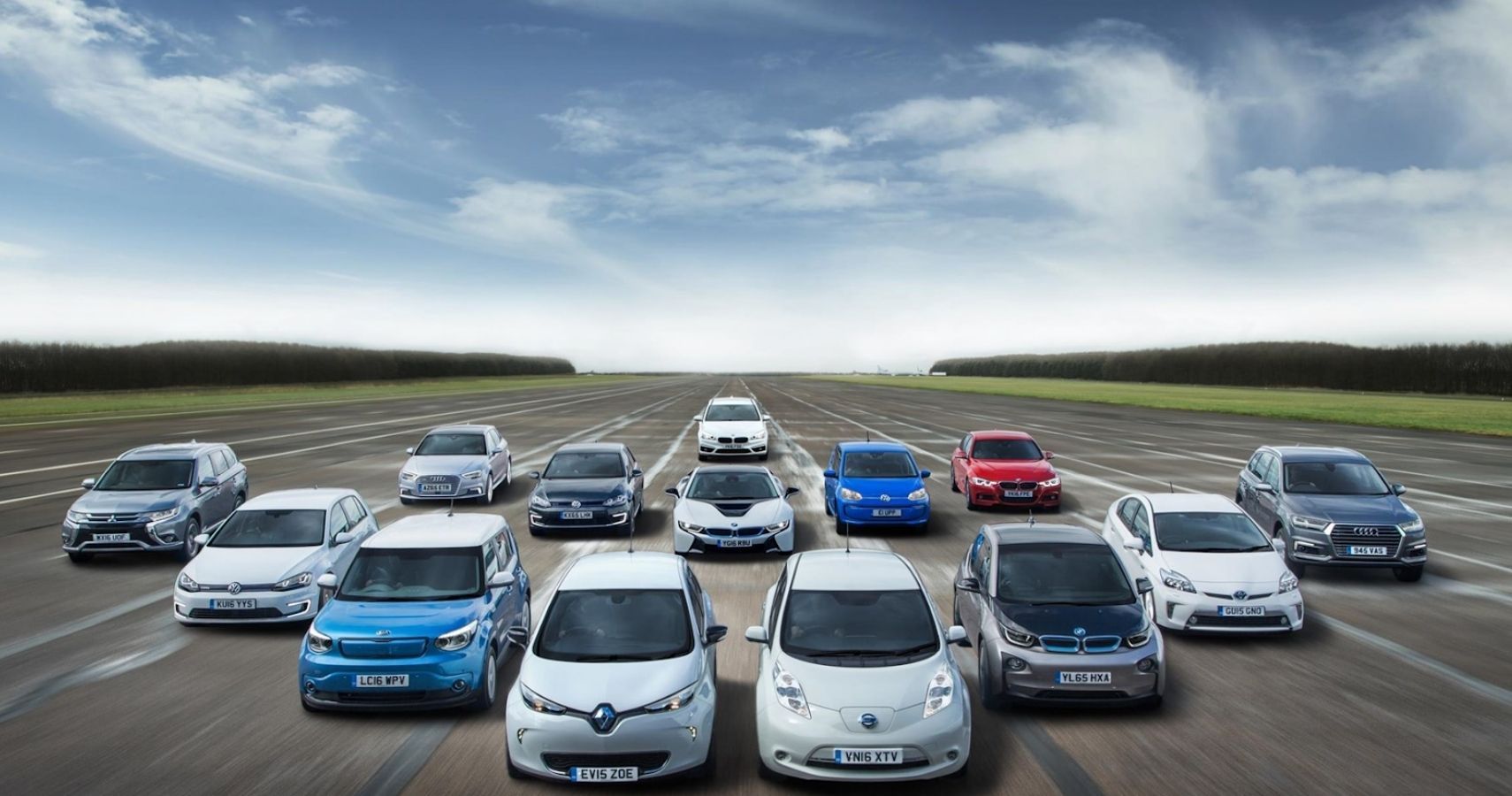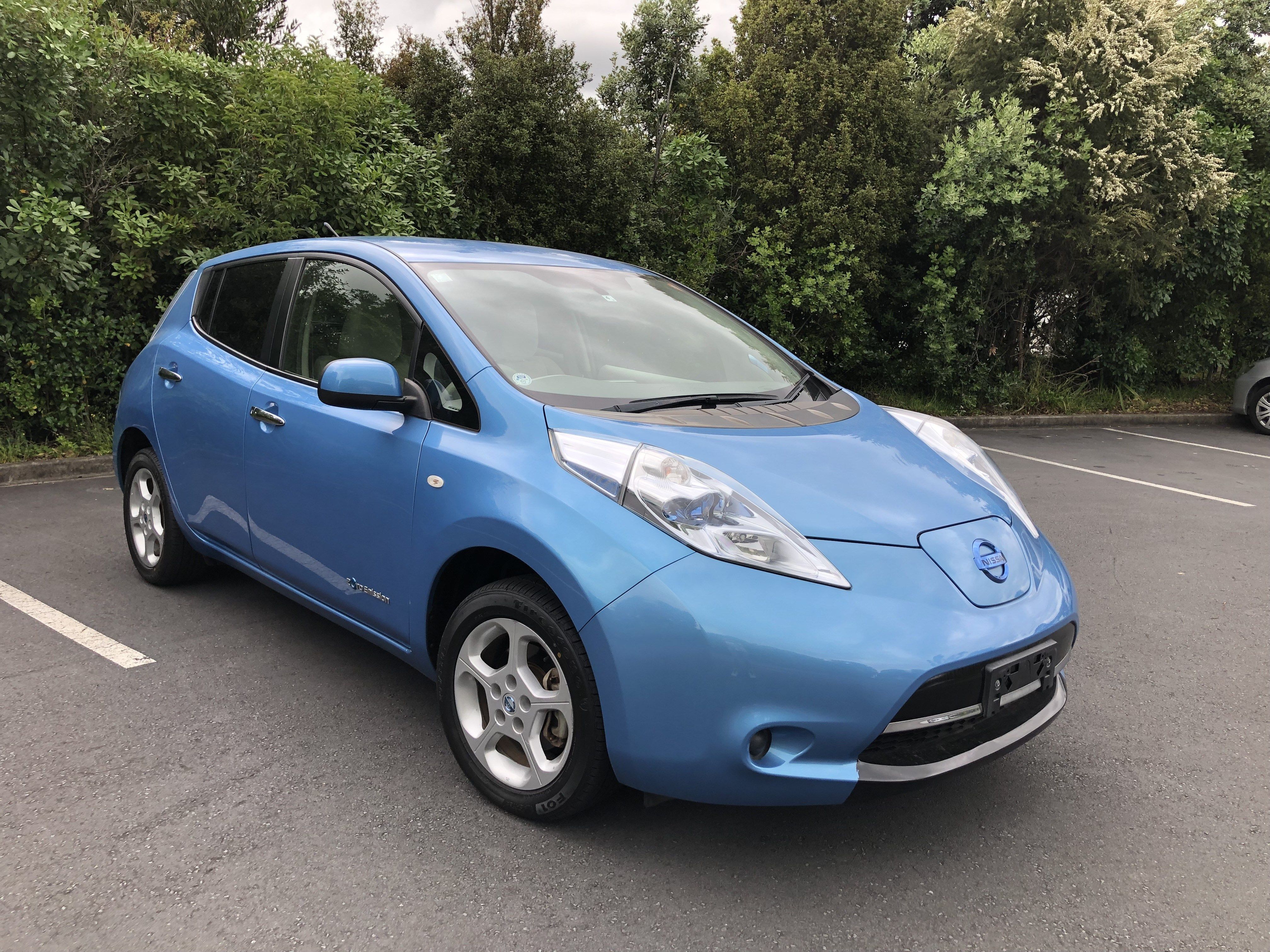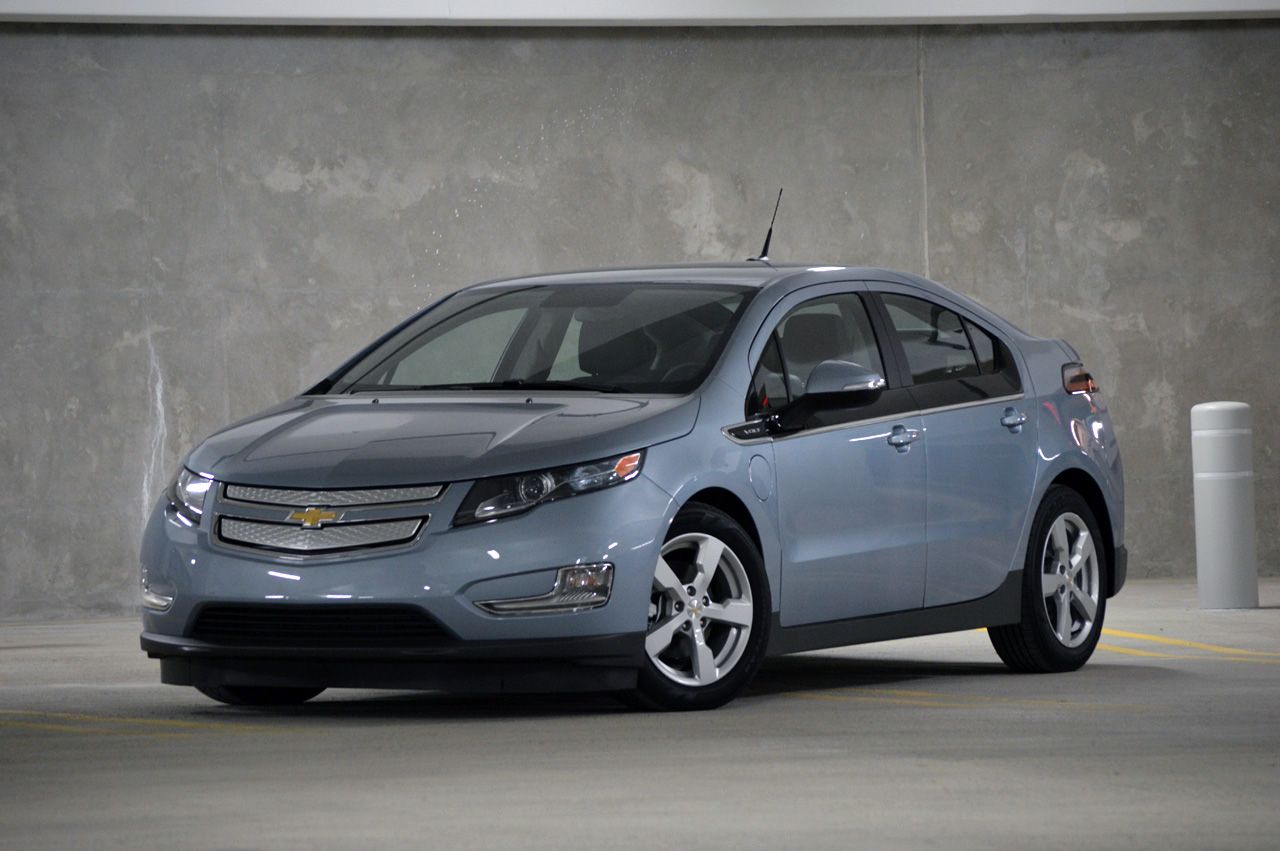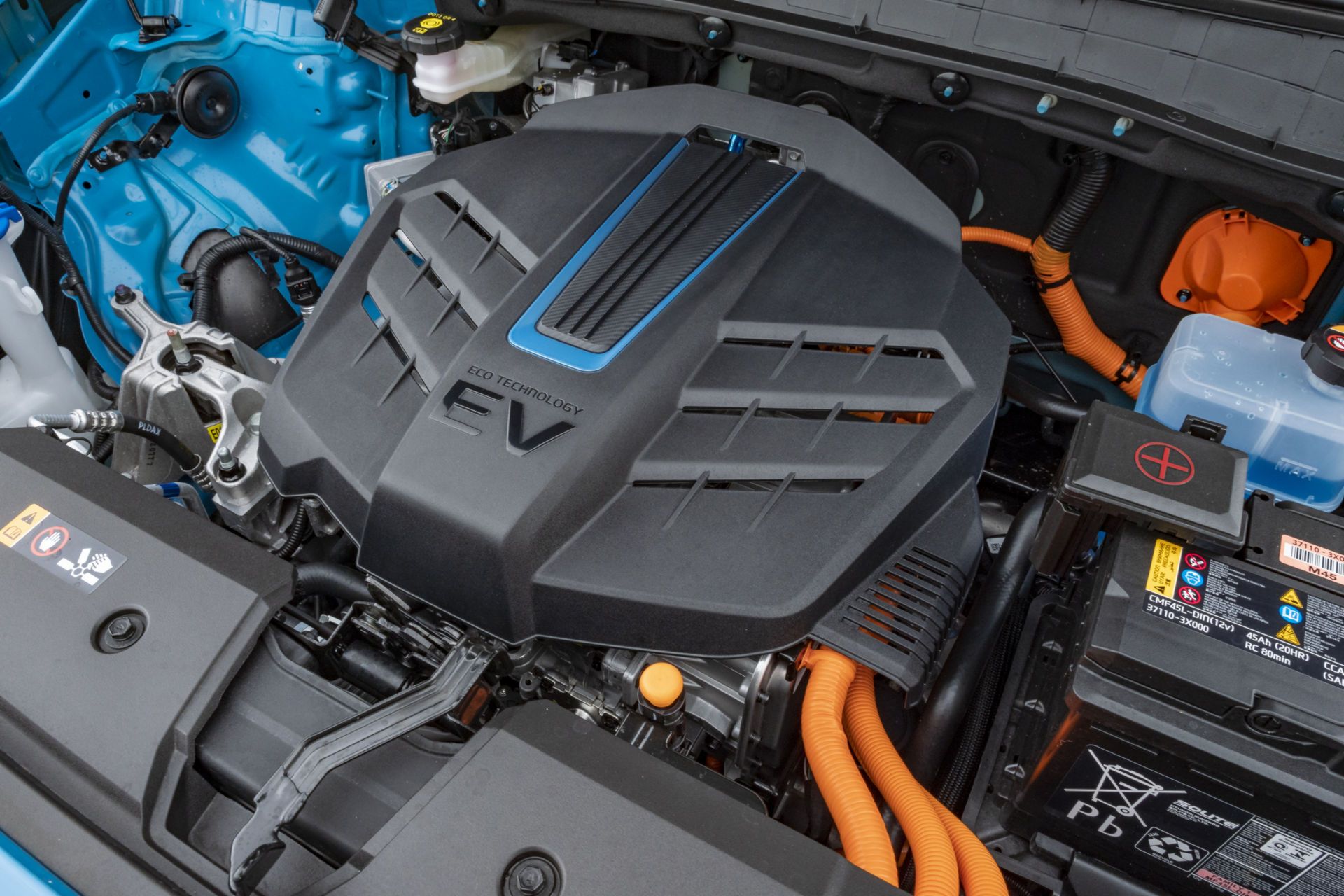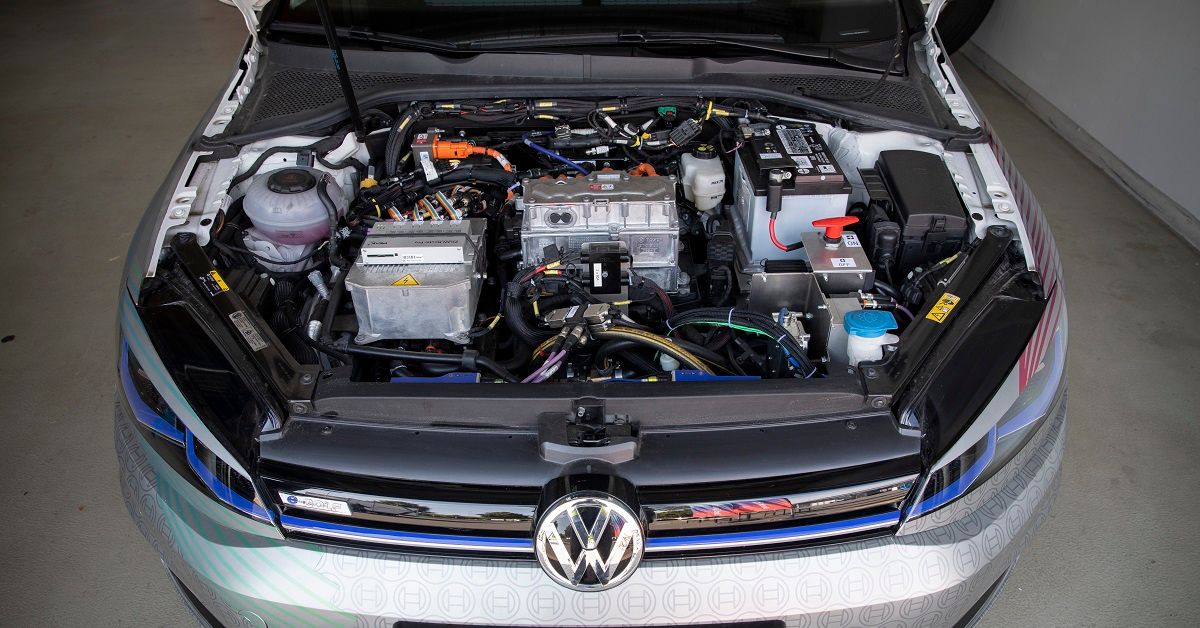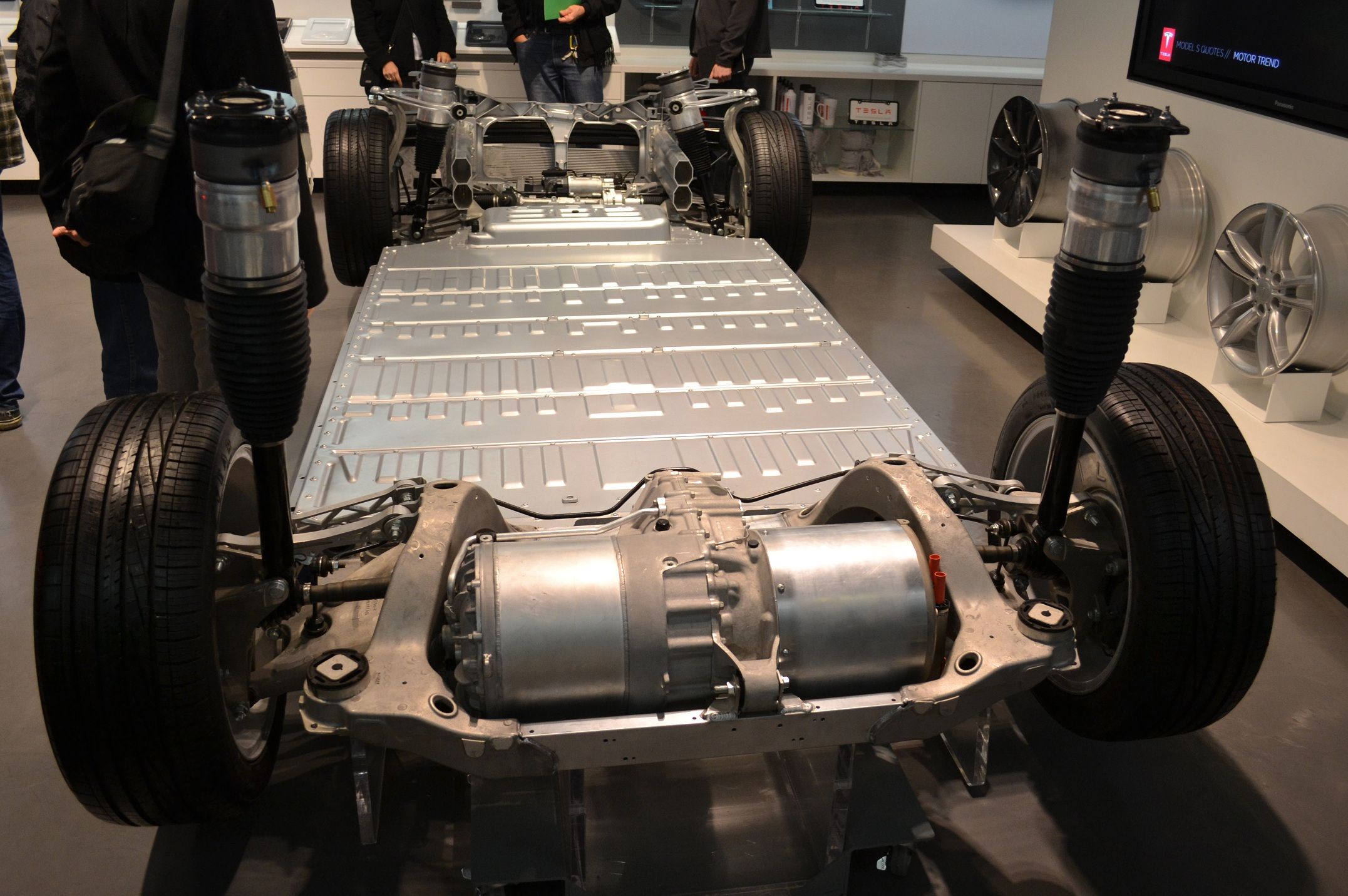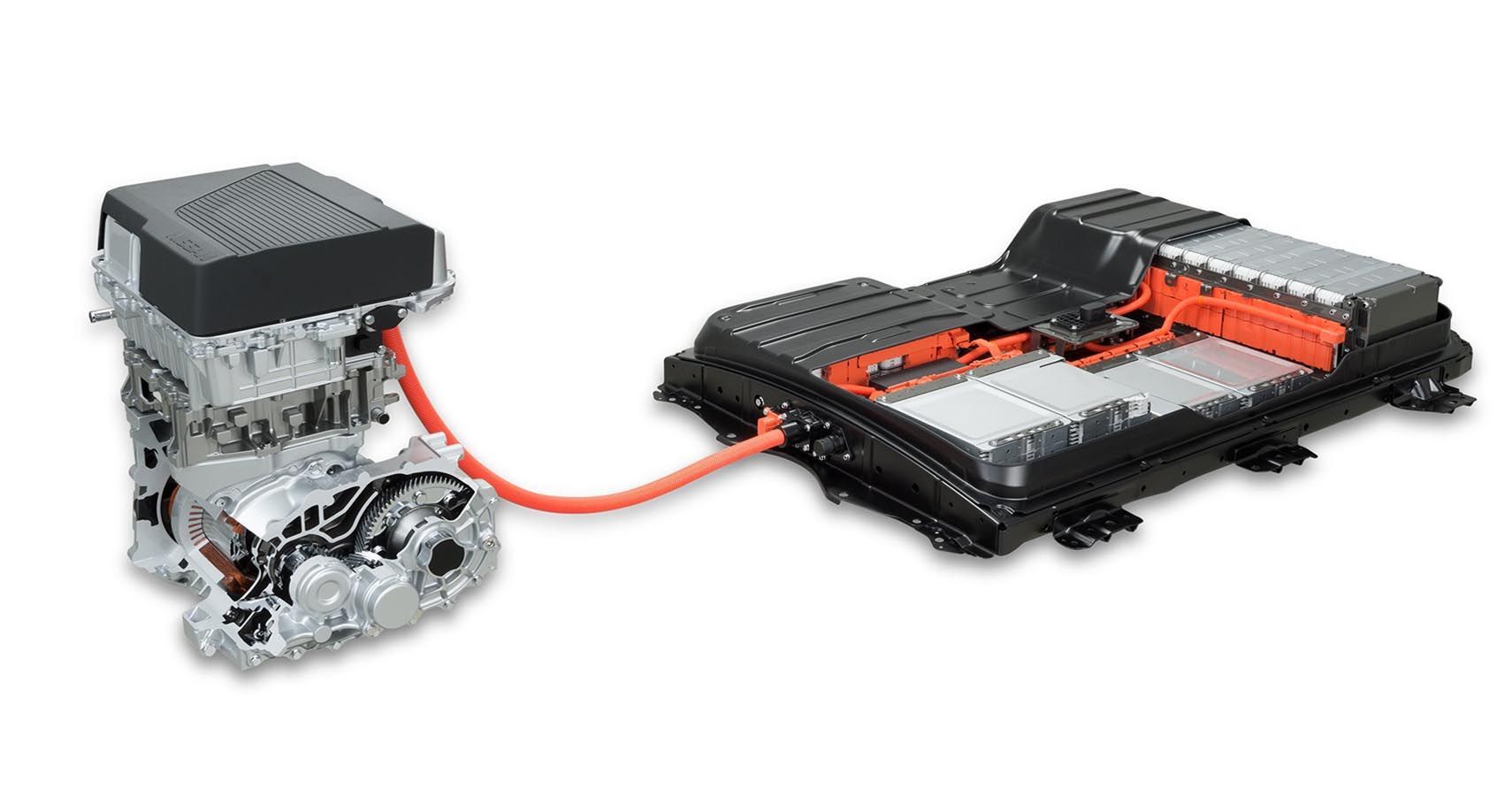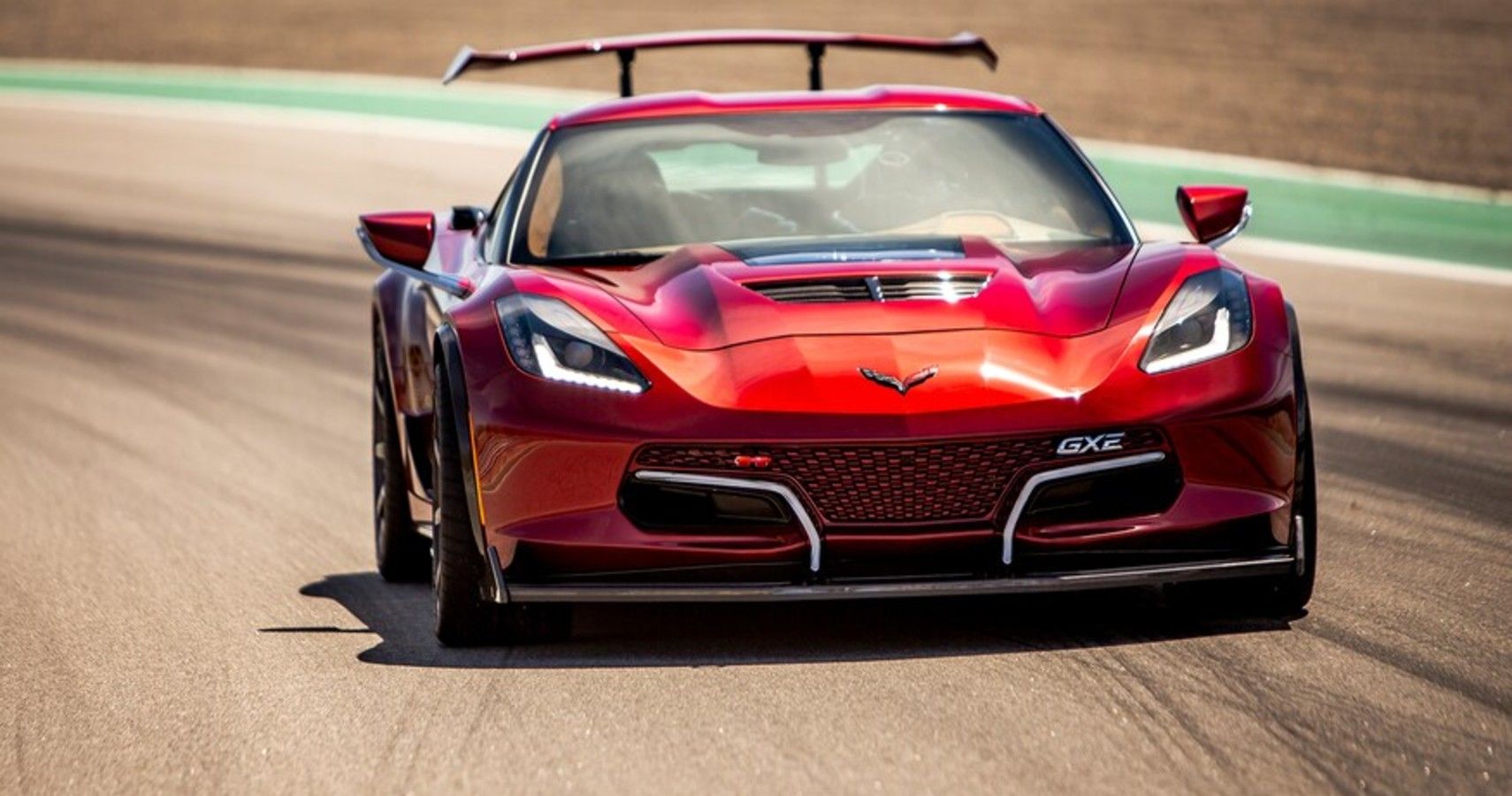So, you want to buy a used electric vehicle, do you? You want to finally rid yourself of the petroleum menace, but while on the cheap? Maybe you just want to score some brownie points with your local band of hipsters drinking their nitro brew coffee and inhaling nicotine through what appears to be a USB stick.
Whatever the case may be, there are a couple of things we think you should know before you even consider cutting a check or taking out a loan for any used EV you might find on used car dealer lots, or on the internet.
In some ways, inspecting an electric car before you buy it is largely the same as one that runs on good old dino juice. But in other ways, there are some differences you ought to know before finally kick the gas can down the road and join the zero-emissions club.
Electric cars are almost assuredly the way of the future but getting your hands on a used one can be one heck of a gamble. Let's take a look at some things you should know before putting a used EV in your front driveway.
Is A Used Electric Car Right For You
There are a number of reasons one might consider purchasing a used electric car. But what these people may not consider before it's too late is whether or not an EV is the right choice for their lifestyle.
In 2021, electric vehicle charging stations are generally found in abundance in many big cities like London, Tokyo, and New York, and even in the surrounding suburban areas where families can charge their EVs in driveways and garages.
These luxuries are practically alien to people living beyond metropolitan spheres of influence where daily commutes are far longer and driving conditions considerably more demanding. International pushing to increase the number of charging stations to the point where this is no longer an issue is being implemented as we speak, but for now, the problem remains.
For these people, no amount of increased upfront affordability will make an EV any more attainable. Keep in mind that the average cost of maintenance, not including out of warranty repair work is something around two-thirds of what a standard petroleum-powered vehicle would cost, largely due to a complete lack of dependence on a substance that fluctuates violently in price, usually in an upwards direction
Covering All The Bases Of A Normal Vehicle Inspection, With A Twist
Assuming you live in an area with sufficient fast-charging stations or space to charge it at home, it's important to realize that at the end of the day, an electric car is still, well, a car. One with four wheels (hopefully), a motor, suspension components, and brakes (again, hopefully).
These are all points that need a thorough inspection by a professional mechanic before you even consider opening up your wallet. As futuristic as EV technology may seem, its principal functionality is remarkable. Eliminating the need for components like a transmission, an all too common failure point on equivalent gasoline and diesel vehicles.
Websites like Carfax.com will happily detail any of the damage and subsequent repairs the same as it would for normal gas vehicles, but this does not substitute a thorough inspection by a trusted mechanic with prior experience in electric vehicle repair.
Perhaps the most important mechanical component to consider (or lack thereof) is the cooling system used to keep the vehicle's batteries at a safe operating temperature. If this operating temperature is exceeded in either a positive or negative direction, it could dramatically reduce the efficiency of your electric motor, perhaps even necessitating an eight thousand-dollar-plus bill to replace the entire battery system.
Some EV and plug-in electric models like the Chevy Volt and all current Tesla models use active coolers with flowing fluid to cool the car's lithium-ion battery system, which can consist of as many as 7,000 cells in modern Teslas.
Other models, like the Nissan Leaf, use a passive method to cool their electric batteries, leading Leaf owners to find that their electric battery performance had reduced under daily driving conditions. With this in mind, it's imperative to research any warranty information available to your desired model related specifically to the electric drive train including the motor and the batteries. On Tesla vehicles, this warranty lasts four years of 50,000 miles. For the Chevy Volt, it's eight years and 100,000 miles, as does the Nissan Leaf.
If a Leaf, Volt, or Tesla isn't what you're looking for in the used market, depreciation is on your side. New electric cars depreciate at a slightly faster rate than gas vehicles, so the options for used electric cars available to you are bound to only skyrocket in the coming years. Here's hoping the 800 horsepower EV swapped Genovation C7 Corvette depreciates enough to make it affordable. That's almost assuredly wishful thinking.

